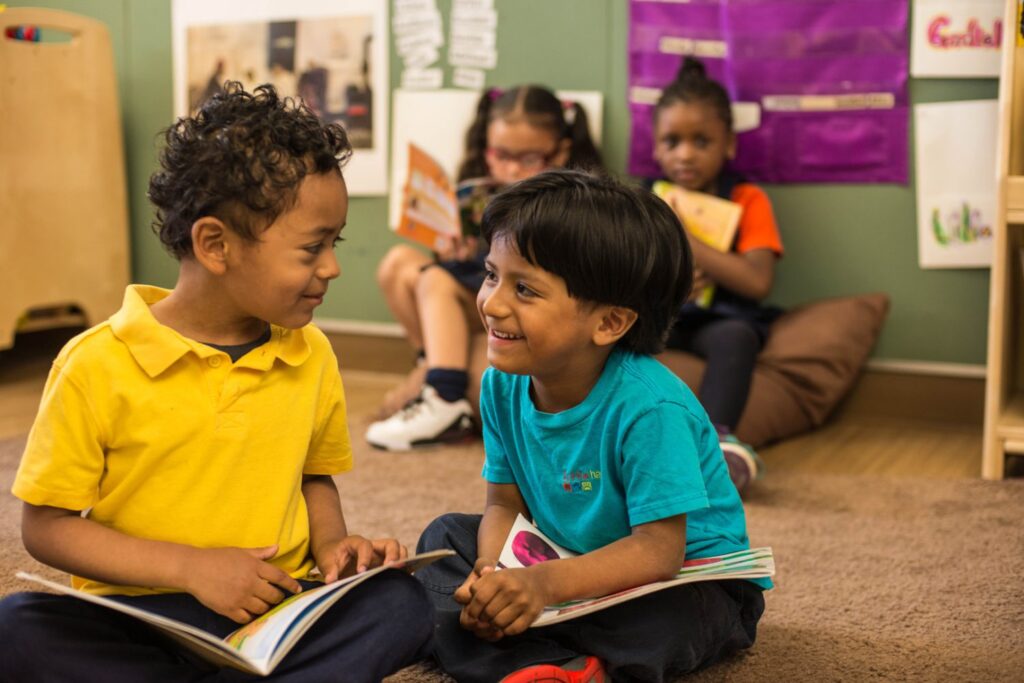New York schools are taking new steps to support student mental health. Several public schools across the city have started programs aimed at helping students cope with stress and improve their focus in class.
These initiatives include mindfulness sessions, where students learn breathing exercises and simple meditation techniques. Teachers say these sessions help students stay calm and concentrate better during lessons.
Peer-support groups are another key part of the programs. Students meet in small groups to talk about challenges they face at school or home. Experts say sharing experiences with peers can reduce anxiety and build stronger social connections.
Early results are encouraging. Teachers and counselors report that students are showing better emotional control and more engagement in class activities. Many students also say they feel more supported and less stressed.
School administrators emphasize that mental health is as important as academic learning. They believe that programs like these can create a safer and more positive school environment.
Parents are also noticing the impact. Some report that their children are coming home more relaxed and are willing to discuss their feelings openly. This feedback shows that mental health programs can strengthen relationships between students, teachers, and families.
Experts note that adolescence can be a challenging time. Introducing structured mental health support in schools helps students develop skills to manage stress, handle conflicts, and maintain emotional balance.
The city plans to expand these programs in more schools in the coming months. Officials aim to make mental health resources accessible to all students, not just those in high-need areas.
These initiatives are part of a broader effort to prioritize student wellbeing. Studies show that students who feel supported emotionally perform better academically and are less likely to face behavioral problems.
Educators believe that integrating mental health into daily school routines is key. Short mindfulness exercises, regular peer group meetings, and access to counselors are expected to become a standard part of the school day.
By focusing on mental health, New York schools hope to equip students with lifelong skills. Learning to manage emotions, build resilience, and support peers can have long-lasting benefits beyond the classroom.
Overall, the programs are seen as a positive step toward healthier, happier students. As more schools adopt similar strategies, New York could become a model for integrating mental health into education nationwide.



